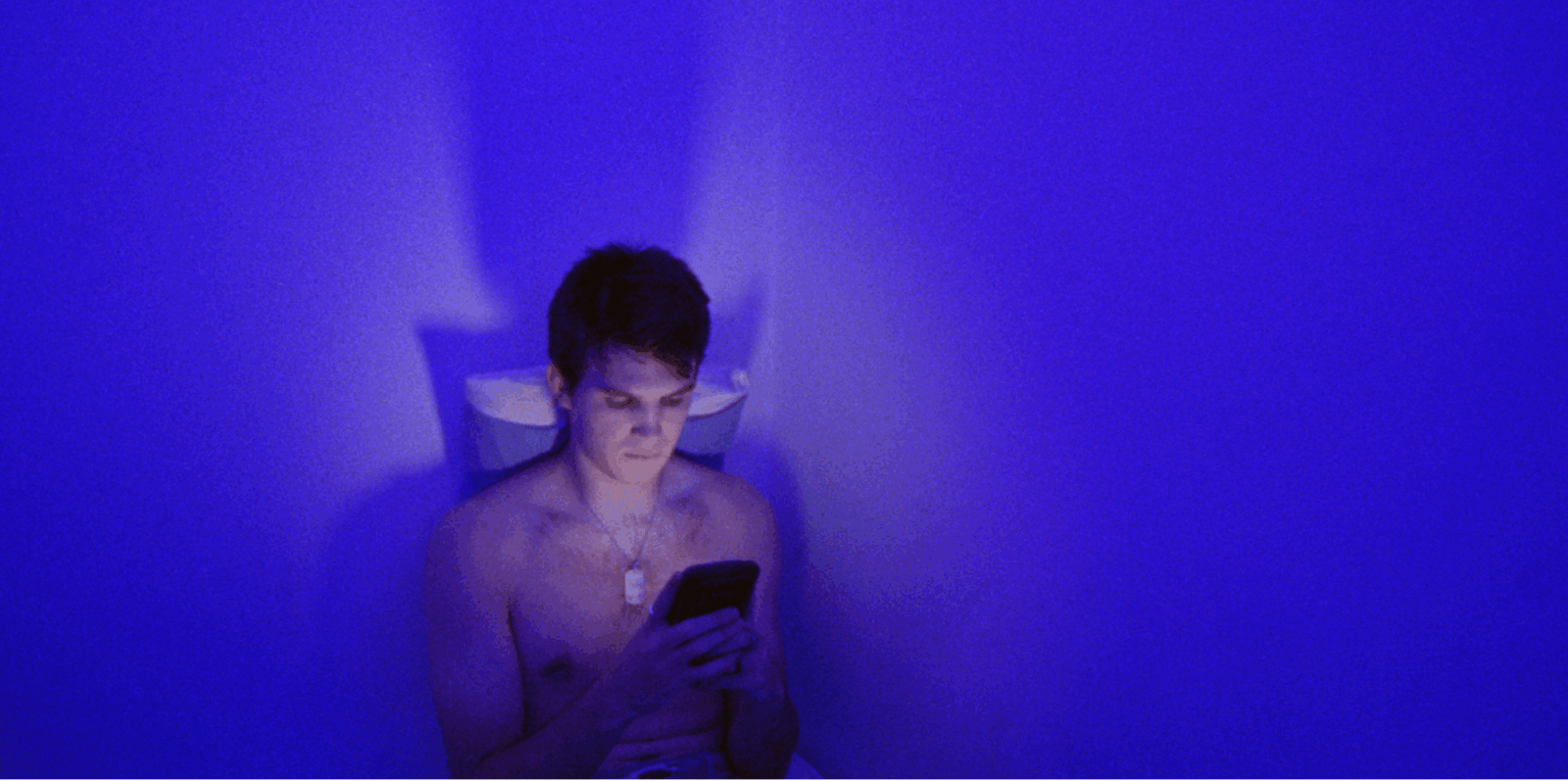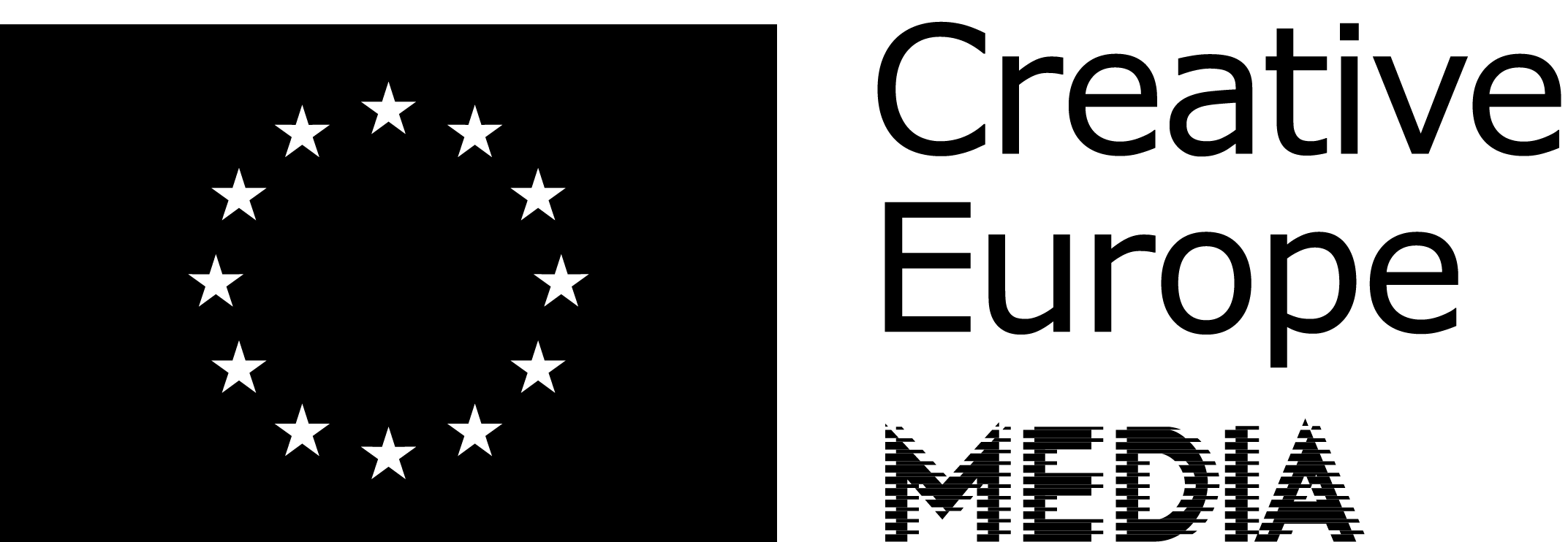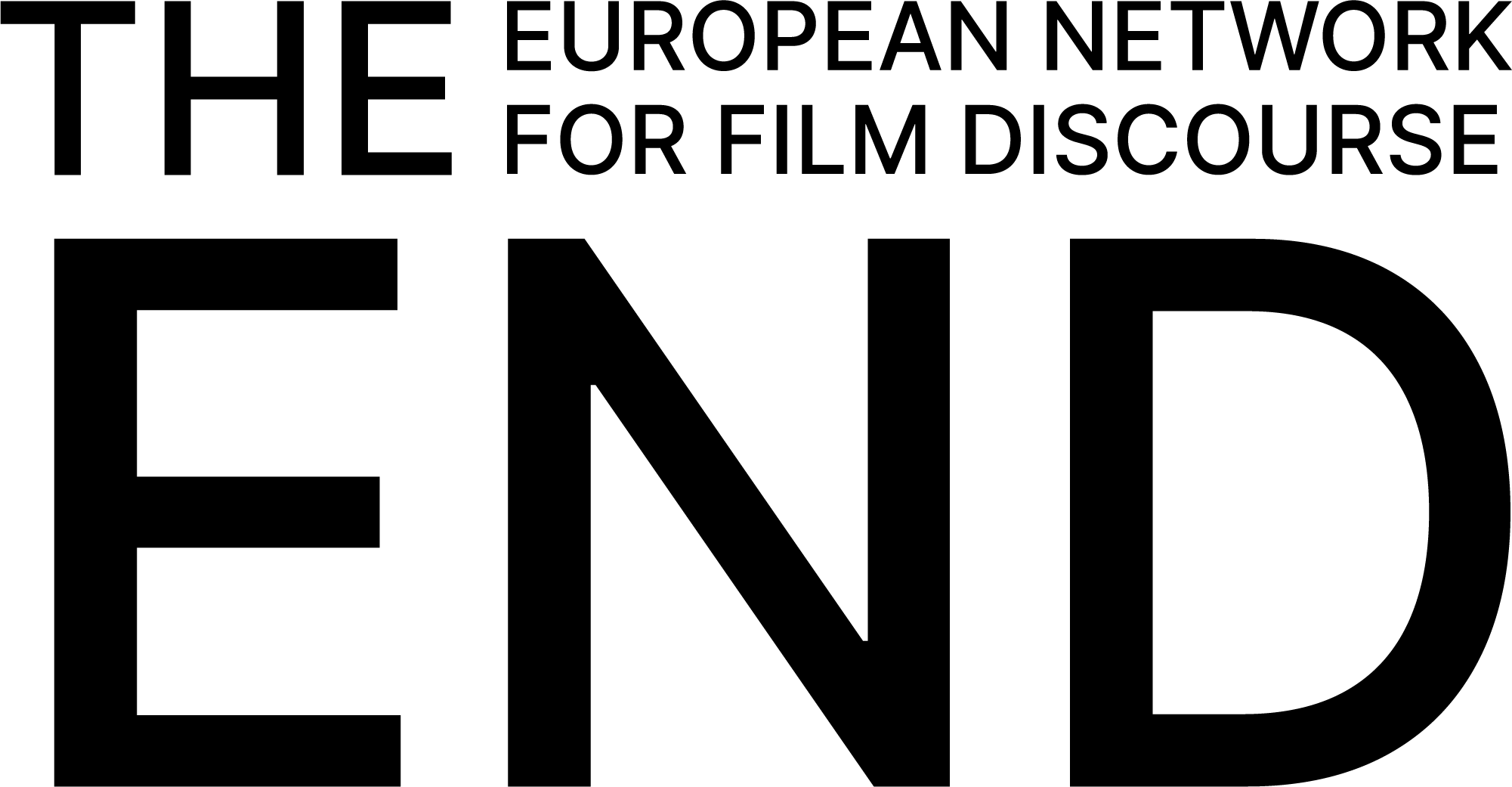A Young Man Under the Influence
Interview with Gala Hernández López
Gala Hernández López discusses how digital capitalism has brought forward a homogenisation of collective images and dreams, as exemplified by Pol Gasco Robles, the charismatic protagonist in her latest short film +10K.

Desire is a vital force in Gala Hernández López’s exploration of young men’s dreams and the unsettling digital technologies that fuel them. In +10K, the Spanish artist, filmmaker, producer, and researcher delves into the otherworldly rabbit hole of artificial intelligence, technocapitalism, and cryptocurrency. Her last short completes a triptych that began with The Mechanics of Fluids (2022), a 38-minute desktop documentary that ventures into online incel communities, and for here I am sitting in a tin can far above the world (2024), a 19-minute split-screen science fiction documentary that scrutinises the idea of cryogenisation as a shortcut to a hypothetical brighter future. I met Hernández López in Vila do Conde, Portugal, where +10K screened at the 33rd Curtas Vila do Conde following its world premiere at the Quinzaine des Cinéastes in Cannes earlier.
“If we were to gather together all the dreams of a given historical moment,” says the quote by German philosopher Georg Friedrich Hegel with which the thought-provoking short film opens, “we would see a very exact picture of the spirit of that epoch emerge.” +10K, per Hernández López, “is a film that aims to interrogate Pol’s dreams but also those of a generation. While I was making the film, I was obsessed with questioning who or what truly owns our dreams.” To explore the foundation of desire, Hernández López follows Pol Gasco Robles, a young man from Segur de Calafell, Catalonia, who dreams about living in Miami and generating 10.000 euros a month through cryptocurrencies. “In Pol’s case, the film talks about how our dreams are mediated by content. Pol is a character that I create in the first few minutes; we see him listening to a podcast, scrolling through social media… He is constantly under the influence.”
Cinematographer Artur Pol Camprubí captures the young man’s routine in 16mm. Pol lives at his grandmother’s, Lidia, and the grainy images find her engaging in sceptical conversations about financial certainty, the role of cryogenisation amid socioeconomic crises, and Pol’s unwavering goals. “Lidia works as a reality principle for Pol, who is lost in fantasies and dreams. She works as if I were a character in the film. I loved the generational contrast. What happened between Lidia’s generation and Pol’s is an abyss. Very few generations in history have experienced anthropological differences of this magnitude. There are so many brutal and abysmal cultural, symbolic, and technological mutations,” Hernández López explained while recalling the close-ups of their hands captured halfway through the short.
In that moment, grandma and grandson sit side by side before Camprubí’s camera: Pol’s hands are full of rings and never stop moving, belying an eagerness to look at and venture into the future, while Lidia’s are worn out by the years but also seem more relaxed as they rest on top of her cane. The close-ups summarise the couple’s qualities: the vitality of youth, on the one hand, and the safety of old age on the other—a symbiotic relationship that Hernández López fleshes out through something as palpable as Pol and Lidia’s anatomy. “Sometimes, Pol is under the influence of voices and forces that end up constructing his identity and desires. This idea that digital capitalism brings a homogenisation of collective images and dreams, which are slowly becoming more standardised. What he considers a life of success is most people’s definition nowadays. Pol encarnates the mainstream idea of success.” Looking back on Hegel’s quote, +10K questions to what extent dreams are an individual or collective ideation, and how they might speak to our zeitgeist.
The filmmaker, along with French editor Dinah Ekchajzer, intersperses her portrait of Pol with bizarre computer-generated images that the young man and his friends are entranced by. A white seaside mansion, a neon blue Lamborghini in the garage, and an uncanny digital avatar of the young man make for a strident contrast with Camprubí’s 16mm visuals—a formal choice that heightens Pol’s distance from the real world around him. “I was very interested in understanding how artificial intelligence works. There are statistics that sum up the average. If we had to measure humanity’s dreams of success, it would appear in the form of a mansion in Miami. I found this tool interesting as a kind of mathematical reincarnation of a collective imagination. It is true that AI’s immediacy and accessibility in image creation are a giant step towards the exhaustion of imagination. We are losing the ability to dream, to imagine.”
Hernández López mentioned British artist Francis Bacon, French philosopher Gilles Deleuze, and the horror genre as examples of the effectiveness of imagination. “Your mind’s black box is far scarier than any monster or violence on screen. I think this is key to reading the present. In [his 1981 biography of Francis Bacon,] The Logic of Sensation, Deleuze talks about the artist’s series of disfigured screaming figures. He states that the most competent action is not to represent the horror but the scream. In that way, you get the space to imagine why the person is screaming, and that propels your imagination. You are invited to actively participate in the work to complete it.” We agreed that there has to be an active effort to maintain these kinds of exercises.

© +10K (Gala Hernández López, 2025)
Towards the end of the film, there is a fourth-wall rupture that sees Hernández López directly engage with her subject. A shot–reverse shot reveals the filmmaker and her crew filming in Pol’s bedroom, a striking pivot that sparks a conversation about the similarities between Hernández López’s and the young man’s goals. “This scene tries to provide some horizontality to the film,” she muses. “I include myself in the standardisation and crisis of the imagination. I have a hard time imagining, and I force myself to write every day. I realise to what extent my brain and my retina have been colonised by the images I consume.”
During the sequence, Pol takes on the director’s role, questioning Hernández López’s ambitions in what amounts to an exercise of narrative subversion. “To what extent are Pol’s dreams less legitimate than the desire to win the Palme d’Or?” the filmmaker wondered. “It’s hard to hierarchise and even harder to pass any judgement. I also wanted to interrogate the audience: What about you? Do you believe you stand outside the system? As Pol throws the question back to me, I redirect it to the audience to create this game of reflections.”
But her respect for the young man is always palpable, and Hernández López portrays Robles as a nuanced individual and a compelling prototype of the socioeconomic structures that have shaped everyone’s online and offline lives. +10k delves into Pol’s vulnerable state through a series of sequences in which Camprubí’s lens gets close to his face, until a single tear falls to the ground. In the comfort of the night, along with a couple of friends, Pol sheds his emotional layers, and his longing for the stability of a traditional household finally surfaces. “I think it’s easier to feel disdain or abjection towards a multitude rather than one individual person. When you get closer and watch all the individual faces, particular circumstances, and personal stories, you’re struck by the complexity of that community. We established a beautiful bond with Pol, so we got to understand him as a complex being, but the audience has not. It was a challenge [we faced in] the shooting and writing process.”
The material conditions of life under capitalism force limitations on middle-class individuals, and López is aware that fantasies double as coping mechanisms. The formal elements intertwine to examine the young man’s desires, from Camprubí’s cinematography to Ekchajzer’s editing, which perfectly match French composer Pierre Desprat’s cyber melodies. “I wanted a formula, a repetitive musical motive. I wanted the same motive to be all over the film because repetition is a central theme of it. Pol has these photographs on his wall, and he looks at them over and over while also writing the same sentence countless times in his notebook.” The repetition of a musical note in the score mimics the religious mantras that financial coaches impart to their devoted audience. Pol gazes at the sky and prays, a firm believer that reiteration will grant him the life he aspires to obtain. “There was this idea about aspiration that is reflected in the score’s ascension, like something that goes up but never reaches its peak. A small musical disappointment,” López pointed out.
Inside Pol’s bedroom, the digital microcosm is omnipotent. His cracked phone screen illuminates his face as he scrolls through charts and stats about market fluctuations. No need to turn on the lights; in his mind, the future is bright already.
This text was developed during the European Workshop for Film Criticism #7—a tandem workshop set during Curtas Vila do Conde and FeKK – Ljubljana Short Film Festival—and edited by workshop tutor Leonardo Goi.
The European Workshop for Film Criticism is a collaboration of the European Network for Film Discourse (The END) and Talking Shorts, with the support of the Creative Europe MEDIA programme.





